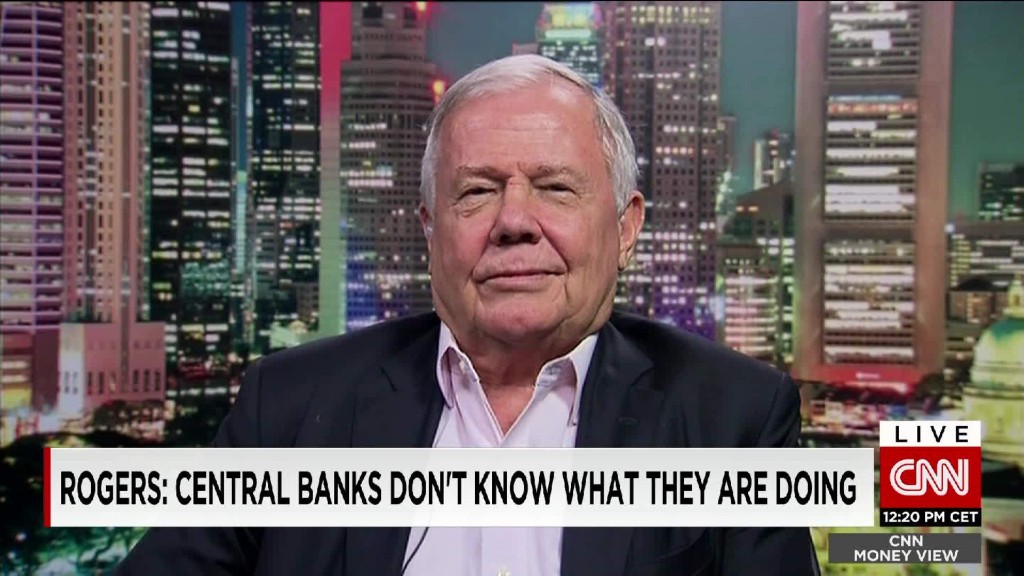
What do Janet Yellen and J.K. Rowling have in common?
One is famous for her financial wizardry, making trillions appear out of thin air. The other has the world counting on her every (written) word.
And to those addicted to their work, they are the gift that keeps on giving, years after everyone thought it was over.
Harry Potter fans rejoiced when J.K. Rowling revealed the boy wizard would be back for an eighth installment.
Meanwhile, Yellen struck yet another dovish note on the state of the economy, prompting market watchers to bet the Federal Reserve will hold off on another hike, lest it derail America's recovery.
Related: Janet Yellen: Negative rates possible in U.S.
The moral of the story: If a tale drags on, its meaning gets diluted.
Devotees of the boy wizard may not have reached that point quite yet. But investors have.
To be fair to Yellen, hers isn't the only major central bank to be facing a crisis of credibility.
Her predecessor Ben Bernanke made a point of being communicative at the height of the recession: telling markets which metrics he was targeting as pointers to how he read the economic tea leaves.
Today, markets have never been more unpredictable, volatile and prone to violent mood swings -- not unlike Lord Voldemort himself.
It is especially dangerous to pander to markets.
Sadly central banks have done just that, repeatedly conjuring up spells such as "quantitative easing" to such an extent that they seem almost as focused on equities as on employment.
The result? The markets themselves aren't sure which economic data to look at for an accurate state of play. One moment it's China - the next it's demand for oil.
Related: Markets may be tanking but the U.S. economy isn't
And amplified by the dark arts of short selling and the prospect of vicious currency wars, the prophesy becomes self fulfilling quicker than you can say 'Avara Kedavra.'
The killing curse is hardly good for confidence.
The risk is today's turbulence on Wall Street spreads to Main Street, especially if the banks suffer and are unable to lend.
We may not be there just yet, but with negative rates in Japan, Sweden, the eurozone and Switzerland, it will be harder for financial services to make money.
So a word of advice to those piping the tune to which the rest of the world dances: It's time to cool the monetary policy magic and talk up the true sweet spots.
Because it's becoming hard to tell fact from fiction.


